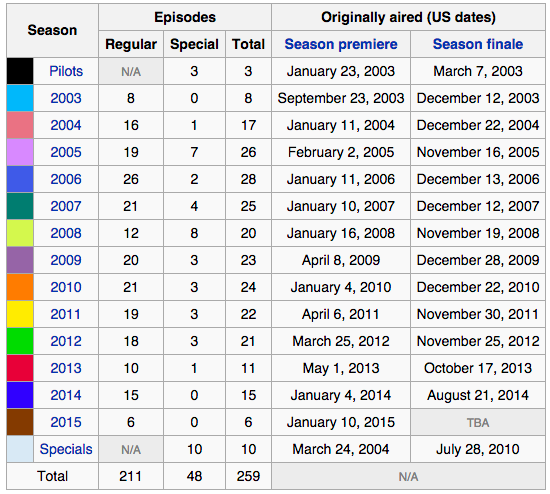Category: Documentary
-
Day In Auschwitz
Reading Time: < 1 minute”If you were young and healthy and if they needed labour then you were selected as slave labour. You would have suffered a slow death rather than a fast one”. This soundbite is 13 minutes in. In this documentary a concentration camp survivor takes two girls who are the age she…
-
Human – A Yann Arthus-Bertrand documentary
Reading Time: 2 minutesThe French have an interesting history of documentary film. Jean Rouch explored social questions with his film Chronique d’un été, a revolutionary film at the time because of the tech that they used. The Cinéma Eclair and crystal sound sync. A few decades later Yann Arthus-Bertrand is following in Jean Rouch’s footsteps…
-

Mythbusters: A Fun Documentary Series
Reading Time: 2 minutesRecently Netflix Switzerland made Mythbusters available on their service. As I watched episode after episode I noticed the camaraderie between those who participate in the show. We see that Adam and Jamie occasionally argue but that overall they are having a lot of fun. We see them laugh, joke, tease each other,…
-
Edwardian Farming, a BBC documentary series about the life of Edwardian farmers.
Reading Time: < 1 minuteI really like this documentary series about Edwardian Farming. it is a fly on the wall documentary following three people through a year on an edwardian farm close to Dartmoor. They experiment with market farming, food preparation of the time, trout farming and so much more. It is relaxing and without…
-
The Editorial Process at Charlie Hebdo
Reading Time: < 1 minuteCharlie Hebdo, Before the Massacre from The New York Times – Video on Vimeo. I love this glimpse in to a Charlie Hebdo editorial meeting. I like that we see the creation of caricatures that are now so well known and familiar.
-
A line Across The Sky
Reading Time: < 1 minuteAn endurance challenge. I want to watch the documentary.
-
The Rescued Film Project
Reading Time: < 1 minuteUndeveloped World War II Film Discovered from The Rescued Film Project on Vimeo. We all have a deep fascination for the past and photography gives us a window in to that past. This documentary follows one individual as he catalogues and then develops 31 rolls of film. As he does so…
-
Font del Truffe with T-Reb
Reading Time: < 1 minuteFont del Truffe with T-Reb from Slawek Packo on Vimeo. Cave diving in France. Although there is a squeeze at the beginning the cave looks forgiving from a visibility point of view.